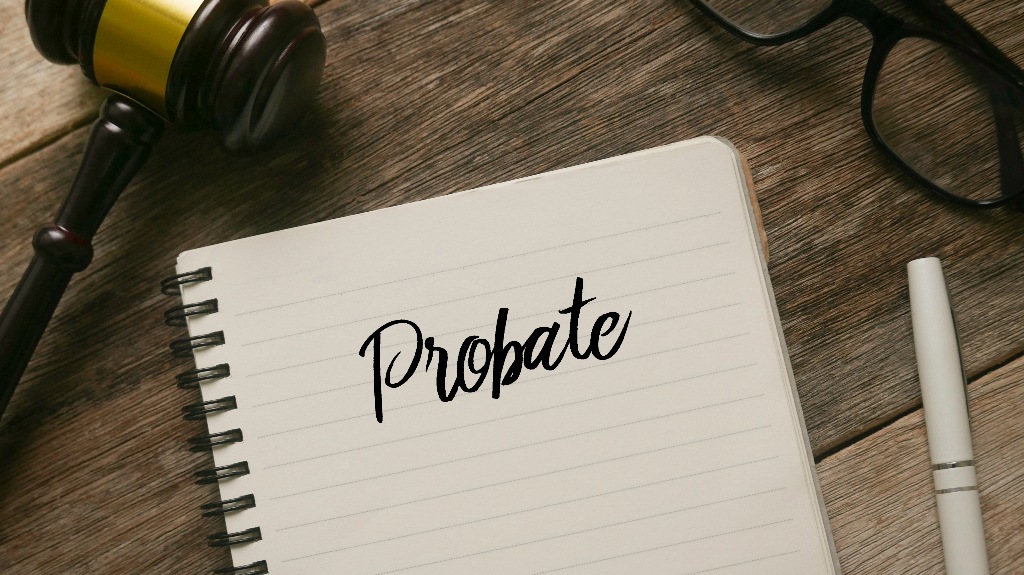
If you have recently lost a loved one, you are probably feeling the weight of grief along with the stress of figuring out what comes next. To complicate matters, the probate process can feel like another hurdle, especially if your loved one owned property, had bank accounts, or left behind debts.
In Wisconsin, the estate may need to go through probate before assets can be passed on. There are two options: formal or informal proceedings. So, what is the difference between informal vs. formal probate in Wisconsin?
We will take a closer look at how these two processes work and help you understand which one might be the right fit for your family.
Is Probate Required?
Probate is often needed to settle a person’s estate after they pass away. This makes sure that any debts or taxes are paid, and the remainder is distributed to the right people.
In Wisconsin, estates valued at more than $50,000 have to go through probate. If the estate is smaller, there may be quicker alternatives. However, if your loved one had established a trust or other alternative, probate may not be needed.
If that is not the case, and they had a large estate, you will be looking at one of two types of probate: informal or formal.
What Is Informal Probate?
Informal probate is the easiest option for families. This process is designed for estates that are straightforward. In these situations, there are no arguments over the will. Plus, everyone is on the same page about handling things.
You can use informal probate when:
- Your loved one left a clear, valid will.
- The heirs and beneficiaries all agree on what is in the will.
- There are no expected challenges or disputes.
- The estate is simple with no complex businesses or major legal issues.
Many families prefer informal probate because it puts less stress on everyone. You don’t have to worry about attending court hearings or appearing before a judge. In addition, it is a more affordable option since the process moves fast.
However, even with informal probate, you must follow a specific process. The personal representative must follow Wisconsin law. Any mistakes can cause delays or legal troubles. Even with this informal process, many families choose to work with a probate attorney for guidance.
How Does Formal Probate Work?
When most people think of probate, this is the type they imagine. This involves more court supervision. If family members do not agree about the will, or there isn’t one at all, the court steps in to oversee the process and resolve disputes.
Formal probate may be required if:
- Someone is challenging the will’s validity.
- There is disagreement over who should serve as the personal representative.
- Creditors or family members are disputing over parts of the estate.
- The estate involves assets like businesses, intellectual property, or major debts.
- Your loved one passed away without a will.
Unfortunately, this process takes longer than informal probate. With this type, a probate judge oversees these steps and often makes decisions about disputes. This can lead to higher legal fees and court costs.
While formal probate can take more time, it provides a structured way to settle disagreements and ensures that everything is done correctly.

Which Process Is Right for Your Family?
This depends on your loved one’s estate and your family’s situation. Informal probate is faster and less stressful.
However, it only works if everyone involved is on the same page. If there is tension, uncertainty, or anything complicated in the estate, formal probate might be the safer route.
Sometimes, what starts as informal probate needs to be converted into formal probate if issues arise along the way.
We’re Here to Help You Through It
When many families have to settle an estate, they wonder what the difference is between informal vs. formal probate in Wisconsin. These proceedings are very different and can only be used for certain situations.
No matter which process applies, probate can feel like a heavy burden. At Collins Law Firm, we are here to help find the right option. Whether you are currently trying to settle an estate or want tips to avoid probate, reach out to us. Contact us to book your free consultation by calling (414) 207- 6292.